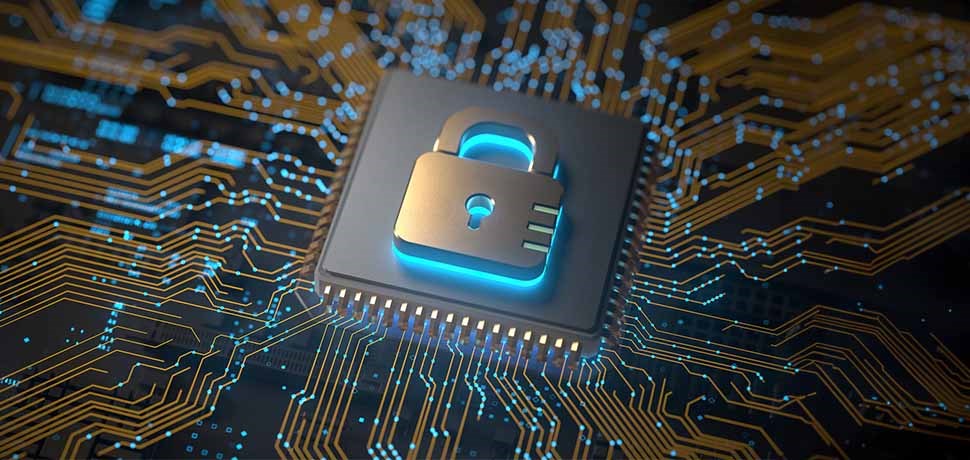Stop ransomware cloud attacks in their tracks
Unlock Peace of Mind: Sasfin's Trusted Ransomcloud Defense Solutions for Financial Services. Protect Your Data with Our Expert Security Strategies!

Ransomware attacks have been a major threat to businesses for years. They involve hackers gaining access to an organisation’s systems, encrypting data, and then demanding payment to release the data.
However, there is a new type of ransomware attack that is specifically targeted at cloud-based services. These attacks are called ransomcloud attacks and they are particularly concerning for the financial services industry, as they can lead to significant financial losses, damage to reputation, and regulatory penalties
Ransomcloud attacks typically start with a phishing email that contains a link or attachment that, once clicked, installs malware onto an employee’s computer. This malware then spreads to the cloud-based services that the employee uses, such as email, file storage, and collaboration tools. The malware encrypts the data stored in these services, making it inaccessible to the user. The hackers then demand payment in exchange for the decryption key that will unlock the data.
The financial services industry is particularly vulnerable to ransomcloud attacks because of the sensitive information that is stored in the cloud-based services that employees use. This information includes client data, financial records, and other confidential information.
Financial services firms are also attractive targets for hackers because they have a high level of reliance on cloud-based services. These services are essential for collaboration and communication within the organisation, and any disruption can have a significant impact on productivity.
The first step in protecting an organisation from ransomcloud attacks is to be aware of the risks.
As we’ve mentioned, ransomware attacks are often initiated through phishing emails, so it’s important to be vigilant when opening emails or attachments. If you receive an email from an unknown sender or an email that seems suspicious, do not open any attachments or click on any links.
It’s also essential to keep your software up to date. Software updates often include security patches and fixes, so it’s critical to ensure that your operating system and all applications are up to date with the latest security updates. This can help prevent hackers from exploiting known vulnerabilities in your software.
The importance of strong passwords and multi-factor authentication is something we all hear frequently, and so many individuals still use the same, simple passwords across multiple platforms. Strong passwords are essential because they can help prevent hackers from gaining access to your accounts. Multi-factor authentication is also critical because it adds an extra layer of security to your accounts. With multi-factor authentication, you’ll need to provide two or more pieces of information to access your accounts, making it more difficult for hackers to gain access.
Regularly backing up your data can also help minimise the impact of a ransomcloud attack. If your data is backed up to an external hard drive or cloud-based service, you can restore your data if it becomes encrypted by ransomware. This can help reduce the impact of an attack and minimize downtime for the organisation.
If something seems strange or suspicious, don’t delete it and forget about it. It’s essential to report any suspicious activity to the IT department immediately. Remember, cyber security is everyone’s responsibility, and we all need to do our part to keep our organisation’s data safe.
Ready to fortify your financial data against ransomcloud attacks? Visit Sasfin's website now for actionable security insights and solutions!